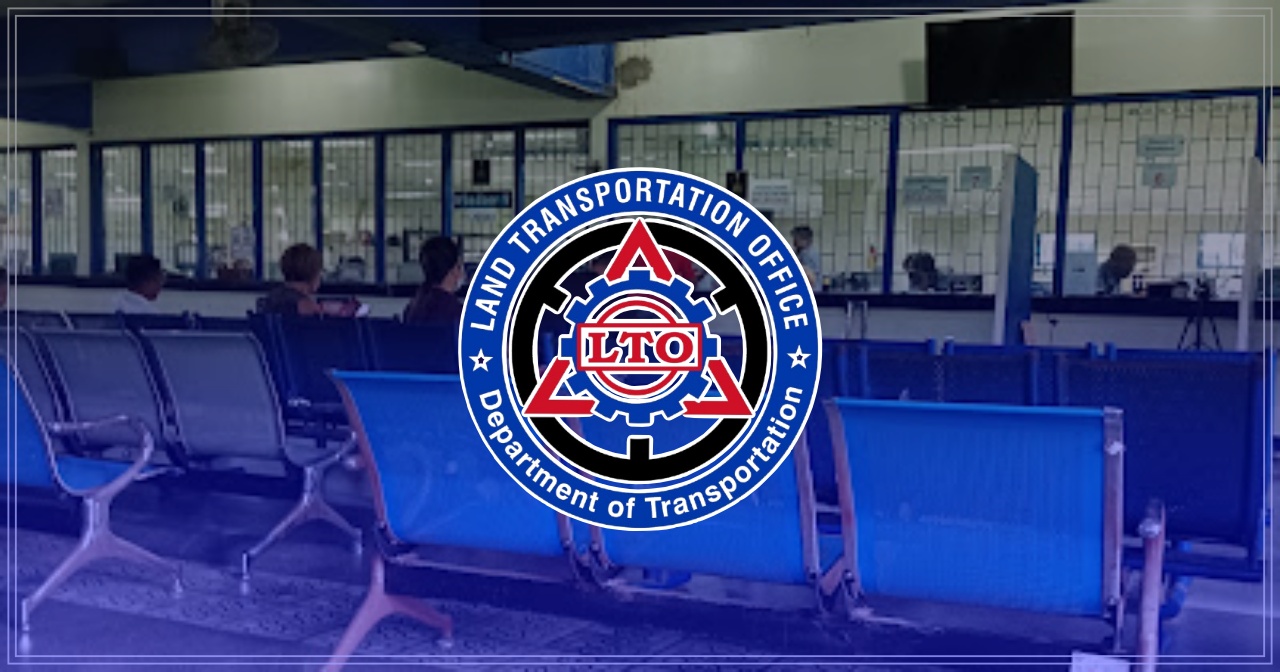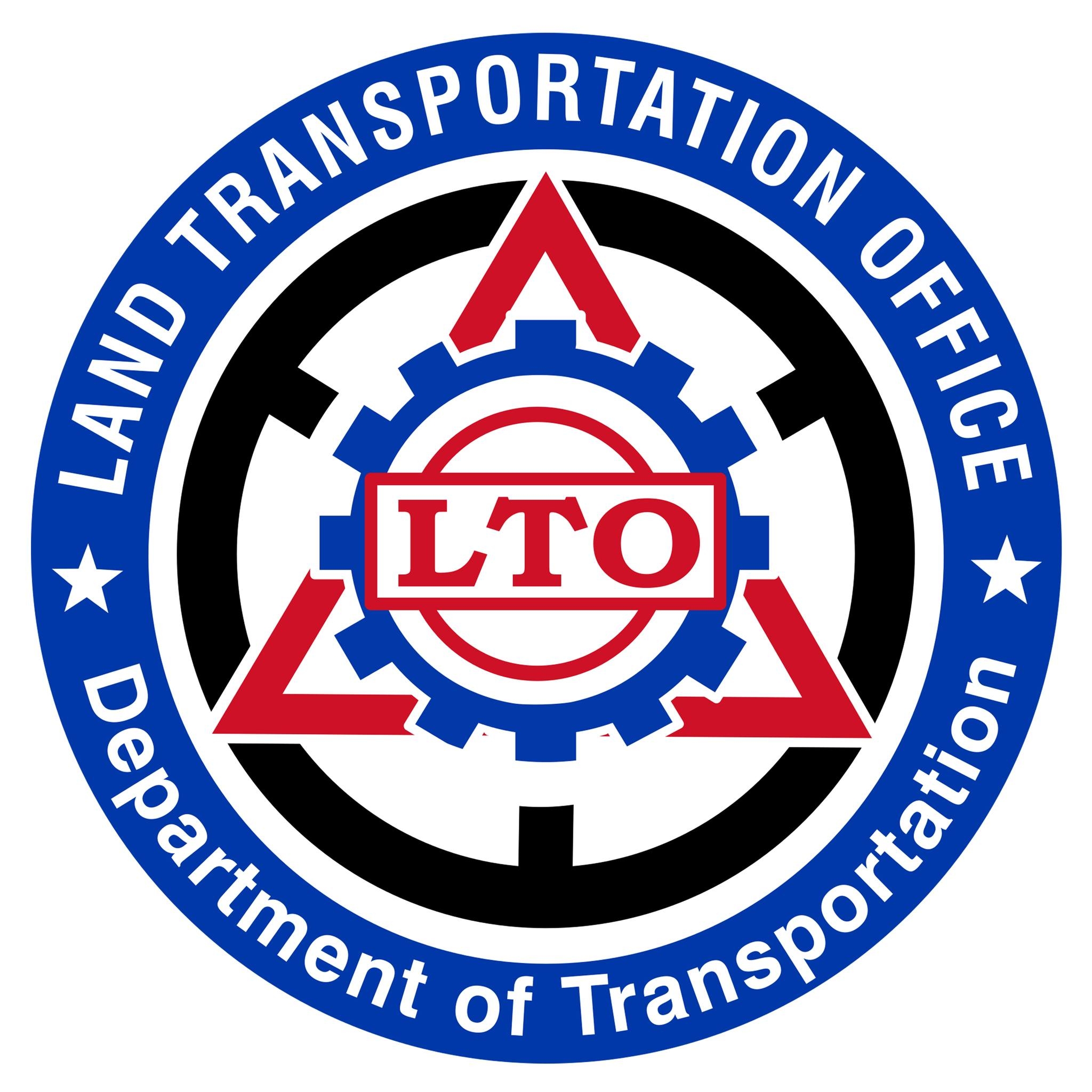Are you a driver or vehicle owner in the Philippines?
If so, you’ve likely encountered the Land Transportation Office (LTO), the government agency managing land transportation across the country.
From issuing driver’s licenses to enforcing road safety, the LTO is part of the Department of Transportation (DOTr), working hard to keep our roads safe and orderly.

About the Land Transportation Office (LTO)
The LTO regulates various aspects of land transportation nationwide.
They make sure vehicles are registered and drivers are licensed according to the country’s road safety standards.
Their efforts go beyond just paperwork—they work actively to reduce accidents and enforce laws that protect public welfare.
For you, this means easier processes like license renewals, vehicle registrations, and even handling traffic violations.
The LTO services have minimal fees, such as for license applications, renewals, and registrations.
These fees go toward improving public safety and maintaining a reliable transportation system.
Whether you’re a first-time driver or a seasoned motorist, the LTO’s services are designed to support you on the road.

Vision
To create a road network that is safe, orderly, and accessible for all Filipinos, promoting safety and efficiency in the country’s transportation system.
Mission
The LTO’s mission is to make land transportation services smooth and reliable by enforcing transportation laws, rules, and standards.
They aim to serve the public by promoting road safety, reducing vehicle emissions, and making sure drivers and vehicles meet the required standards.
Functions and Responsibilities
The LTO’s duties are diverse, but all are geared towards keeping the Philippines’ roads safe and well-managed.
Here’s what the LTO does to make our journeys safer:
- Issuance of Driver’s Licenses
Planning to drive legally?
The LTO is where you go to get a license.
They offer different types of licenses, including:
- Student Permits for learning to drive.
- Non-professional Licenses for private vehicle drivers.
- Professional Licenses for commercial drivers.
Whether you’re a Filipino or a foreign resident, the LTO helps you meet the requirements to drive safely on Philippine roads.
- Motor Vehicle Registration
Your vehicle—new or imported—must be registered with the LTO to be road-legal.
The LTO provides:
- Initial Registration for brand-new vehicles.
- Annual Renewal to keep your records up-to-date.
- Ownership Transfers for used vehicles, ensuring clear and lawful documentation.
They also cover unique categories like electric and three-wheeled vehicles, making sure all types meet the necessary road safety standards.
- Law Enforcement and Adjudication
The LTO enforces traffic laws to help keep our roads orderly.
They handle:
- Traffic Violations: Monitoring and penalizing rule-breakers, from speeding to illegal parking.
- Driver’s License Offenses: The LTO has authority to suspend or revoke licenses for serious infractions.
- Impounded Vehicles: Vehicles involved in severe violations can be impounded until owners comply with the regulations.
- Accreditation of Automotive Industry Entities
The LTO also accredits manufacturers, assemblers, importers, and dealers in the automotive sector.
This accreditation makes sure that all parties follow LTO standards and that vehicles sold in the Philippines meet required safety levels.
Programs and Services
Driver’s License Application and Renewal
Applying for a new license or renewing an existing one?
The LTO has you covered, with online applications available through the Land Transportation Management System (LTMS), making the process easy and accessible.
Vehicle Registration and Renewal
Covering all types of vehicles, from motorcycles to large commercial trucks, the LTO ensures that each vehicle on the road meets necessary safety standards, protecting everyone.
Traffic Law Enforcement
The LTO has authority to issue citations for overspeeding, drunk driving, and other traffic violations.
This service encourages a culture of responsible driving.
Vehicle Inspection
Regular vehicle inspections by the LTO verify that vehicles are roadworthy, lowering the risk of accidents due to mechanical issues.
Vehicles that don’t meet standards must be repaired before they can legally operate on public roads.
Driver Education and Training
The LTO offers educational programs to improve driver skills and raise awareness of road safety.
These programs are for new drivers and anyone wanting to update their knowledge on recent road regulations.
Online Services via LTMS Portal
The LTMS portal allows you to handle various LTO transactions online, such as:
-
- Driver’s License Applications
- Vehicle Registrations
- Fee Payments
With this online system, drivers can complete requirements without visiting an LTO office, saving time and reducing crowds in branches.
Organizational Structure
To fulfill its mission, the LTO operates through a centralized system with regional offices across the Philippines.
Office of the Assistant Secretary
This office, led by the LTO’s Assistant Secretary, oversees the agency’s administration and strategic direction.
Plate Making Facility
This division manages the production of vehicle license plates, ensuring every registered vehicle has an official LTO-issued plate.
Planning Staff and Executive Director’s Office
The planning staff develops policies and long-term strategies, while the Executive Director’s Office manages day-to-day operations.
Administrative Division
This division takes care of internal logistics, personnel, and financial needs, helping each department function smoothly.
Medical Unit
For new driver applicants, the LTO’s Medical Unit conducts physical and psychological evaluations to ensure applicants are fit to drive.
General Services Section
This section provides support services, including maintenance and repairs for LTO facilities and resources.
Historical Development
The LTO has a rich history and has adapted to meet the evolving needs of Philippine society.
- 1912: The LTO’s predecessor, the Automobile Section under the Bureau of Public Works, was established by Act No. 2159.
- 1945: It became the Motor Vehicles Office (MVO), tasked with licensing drivers and regulating vehicles post-World War II.
- 1964: Republic Act No. 4136 created the Land Transportation Commission (LTC) to unify transportation laws.
- 1987: The LTO was officially formed, inheriting the duties of the Bureau of Land Transportation and assuming new responsibilities to modernize Philippine road use.
This journey shows the agency’s commitment to evolving with the times to better serve Filipinos.
Video: History of Land Transportation Office (LTO)
Recent Updates
LTO CALABARZON Opens Doors on Saturdays for Your Convenience
The Land Transportation Office Region IV-A (LTO CALABARZON) is extending its services to the public. LTO offices in CALABARZON will be open on Saturdays from November to December. This change will make it easier for people to visit the LTO, especially those who work during the week. The new schedule starts on November 9, 2024, and will run until the end of December. The LTO is committed to providing convenient and accessible services to the public. (Auto Industriya)
New LTO Rules Spark Debate on Car Ownership Transfer
The Land Transportation Office (LTO) has issued a new order that aims to speed up the process of transferring car ownership. This order, called Administrative Order No. VDM 2024-046, requires both the seller and the buyer to complete the process within 20 days. Failure to comply with this order could result in a hefty Php 40,000 fine. However, the new rules have caused some controversy, with drivers expressing concerns about the added responsibility and potential fines. The LTO is currently reviewing the order and looking for ways to make the process more user-friendly. The LTO is committed to making the process of transferring car ownership easier for everyone. (Manila Bulletin)
Conclusion
The LTO’s dedication to road safety and order makes it a key agency for every Filipino driver and vehicle owner.
Whether you’re a new driver or renewing your vehicle registration, the LTO’s services aim to make your experience on the road better and safer.
With various programs, from driver education to online services, the LTO continues to build a transportation network that benefits all.
For further details on any of these services, visit your nearest LTO branch or explore the LTMS portal for online transactions.
The LTO is committed to improving service delivery and keeping our roads safe for all.
Are you ready for a safer and more organized road experience with the LTO?